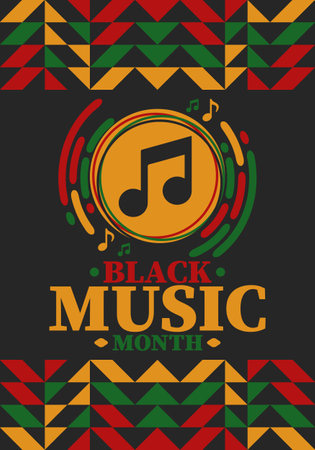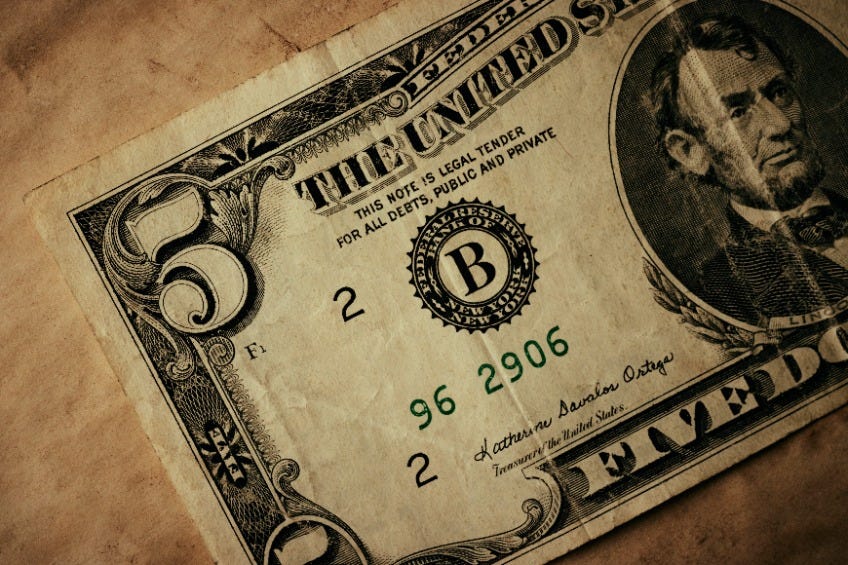Today In Black History: Black Music Month
The history of Black Music in America goes back to 1619.
Issue #625 Today In Black History, Tuesday, June 4, 2024
Please share and subscribe to help us grow this publication.
If you like us, REALLY like us, please click the “Like” button at the end of this post!
Also, please scroll to the end of this post for other ways to financially support us and We Are Speaking with our books and courses.
We appreciate your support!
Today’s Black History WOW!
Black Music Month is an annual celebration of African-American music in the United States. It was initiated as Black Music Month by President Jimmy Carter who, on June 7, 1979, decreed that June would be the month of Black music.
After the announcement by President Carter, the bill never passed in Congress until 2000 when the 10-year-long efforts by activist Dyana Williams, Kenneth Gamble, and Ed Wright for the creation and solidification of Black Music Month finally persuaded Congress.
Black Music Month became African American Music Appreciation Month in 2009 by President Barack Obama. In his 2016 proclamation, Obama noted that African-American music and musicians have helped the country “…to dance, to express our faith through song, to march against injustice, and to defend our country's enduring promise of freedom and opportunity for all." In 2023, President Joseph Biden Jr. returned it to its original name of Black Music Month
The roots of black music in America can be traced back to the African slave trade that began in 1619 when captured Africans brought with them their musical traditions and rhythms. These influences were blended with European musical styles to create new genres such as blues, jazz, gospel, R&B, and hip-hop.
From slave spirituals to religious and gospel songs, folk and country, rhythm & blues, rock ‘n roll, and hip-hop, Black music has been an instrument of expression, community, and resistance and a documentarian of Black History in America. Since the early part of the 20th century, white musicians tried to disconnect genres such as EDM, country, and rock from their historically Black origins, disregarding the African American artists who pioneered these forms of music.
Throughout history, Black musicians have used their music as a tool for social change, speaking out against racism, injustice, and inequality. Black artists have used their platforms not only to entertain but also to bring attention to important issues and inspire change.
In “We Are Speaking,” we will continue to highlight and educate our readers about the Black musicians throughout American history, the famous and the not-so-famous.
Today In Black History
In 1896, Henry Ford took the 1st drive of his Ford automobile through the streets of Detroit.
In 1919, the 19th Amendment, also known as the Women’s Suffrage Bill, was passed by Congress to give women the right to vote, although Black, Indigenous, and women of Asian descent did not achieve full voting rights until years or decades later.
In 1946, Mississippi Valley State University was founded in Itta Bena, Mississippi.
In 1972, author and activist Angela Davis was acquitted by an all-white jury in San Jose, California, of charges stemming from a 1970 courtroom shoot-out.
Our paid subscribers are encouraged to discuss this post in our W.A.S. Chat Community.
You are also welcome to view “We Are Speaking” in Substack Notes. You can also read other Substack publications without subscribing to them when you join Notes.
This post is free to read for three days. To have access 365/24/7 to our full archive, comment on our posts, and financially support “We Are Speaking” for no more than $5 per month, please subscribe at the paid level.







